Even More Now Oppose Defunding Police, Fear More Violence
Opposition is growing to efforts by the political left to defund the police, with most Americans convinced that such a move will lead to more violent crime.
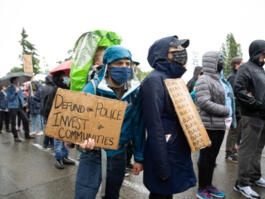
Opposition is growing to efforts by the political left to defund the police, with most Americans convinced that such a move will lead to more violent crime.
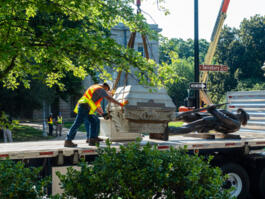
Most voters want the government to stop the attacks on historical monuments and prosecute those who have desecrated them.

Most Americans value the role of the police and worry that increasing criticism of cops will make their communities less safe. Black Americans are the most concerned.
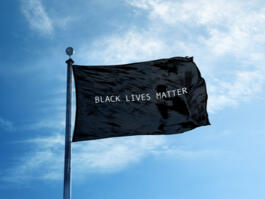
Belief that black lives matter more than all lives is up from five years ago, but most voters still put all lives first. Voters also still favor a Blue Lives Matter law in their state to protect the police.

With race-driven anti-police protests nationwide, one-in-three voters continue to believe America is on the brink of another civil war. Blacks are the least optimistic that the protests will lead to positive change but the most supportive of removing Confederate symbols from public display.

Most voters have a high regard for the police and think they’re likely to be around for a long time to come.
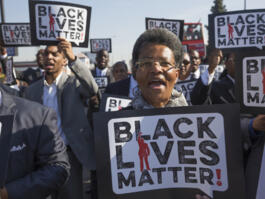
The popularity of the Black Lives Matter movement has climbed dramatically after several days of protest following the police killing of an unarmed black man in Minneapolis.
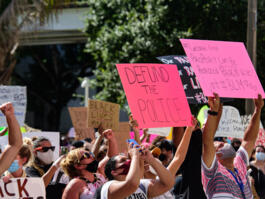
Despite the high-profile anti-police protests nationwide, few Americans believe there are too many cops in this country, and most reject the push by the political left to defund police departments.
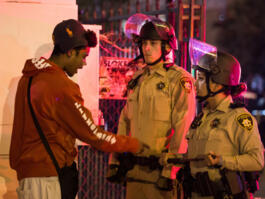
Belief that blacks are treated unfairly by police and that police discrimination is a bigger issue than inner city crime have jumped to new highs.

More voters than ever are regular Internet users, with over one-third of those under 40 now saying their political opinions are influenced by social media. Most continue to believe social media like Facebook and Twitter divide us as a nation.
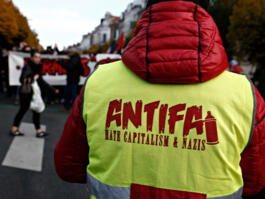
Voters are more critical of the police response to the latest outburst of black protest nationwide but also tend to agree with President Trump that the so-called “antifa” movement thought to be behind much of the violence should be labeled as terrorists.
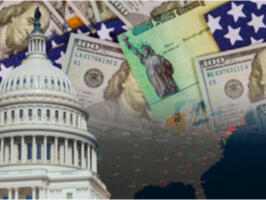
Views of the coronavirus crisis and how America has responded continue to break down along party lines, which helps explain why Red Republican states are opening up while Blue Democrat states are extending their lockdowns.
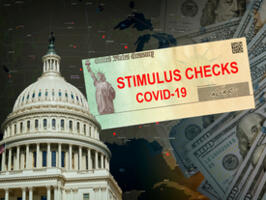
Voters generally approve of the way their state and local governments have handled the coronavirus pandemic, but they’re also more worried that government may be making things worse rather than better.

Republicans are a lot more eager than Democrats to emerge from the coronavirus lockdown even if it means more sickness and death. But most voters regardless of party affiliation agree America can’t remain like this indefinitely.
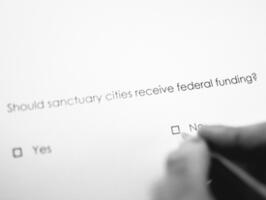
President Trump wants to penalize sanctuary communities in future federal bailout packages. Most Republicans think it’s a good idea; most Democrats don’t.

Voters are more eager to get back to work but aren’t convinced things will be returning to normal for many by next month. Most remain worried, too, that they’ll get the coronavirus if they return to the workplace.

The vast majority of voters wear a mask at least some of the time these days because of the coronavirus, but they’re far less enthusiastic about punishing those who don’t.

Most voters here want the United Nations to punish China for inflicting the coronavirus on the world, and a sizable number favor state lawsuits against the Asian giant.

Most voters in general support President Trump’s temporary freeze on legal immigration to give Americans a better chance in the post-coronavirus job market. Most Democrats do not.

California Governor Gavin Newsom has authorized $500 cash payments to all illegal immigrants in his state in response to the economic impact of the coronavirus, but voters aren’t keen to that idea in their home state.